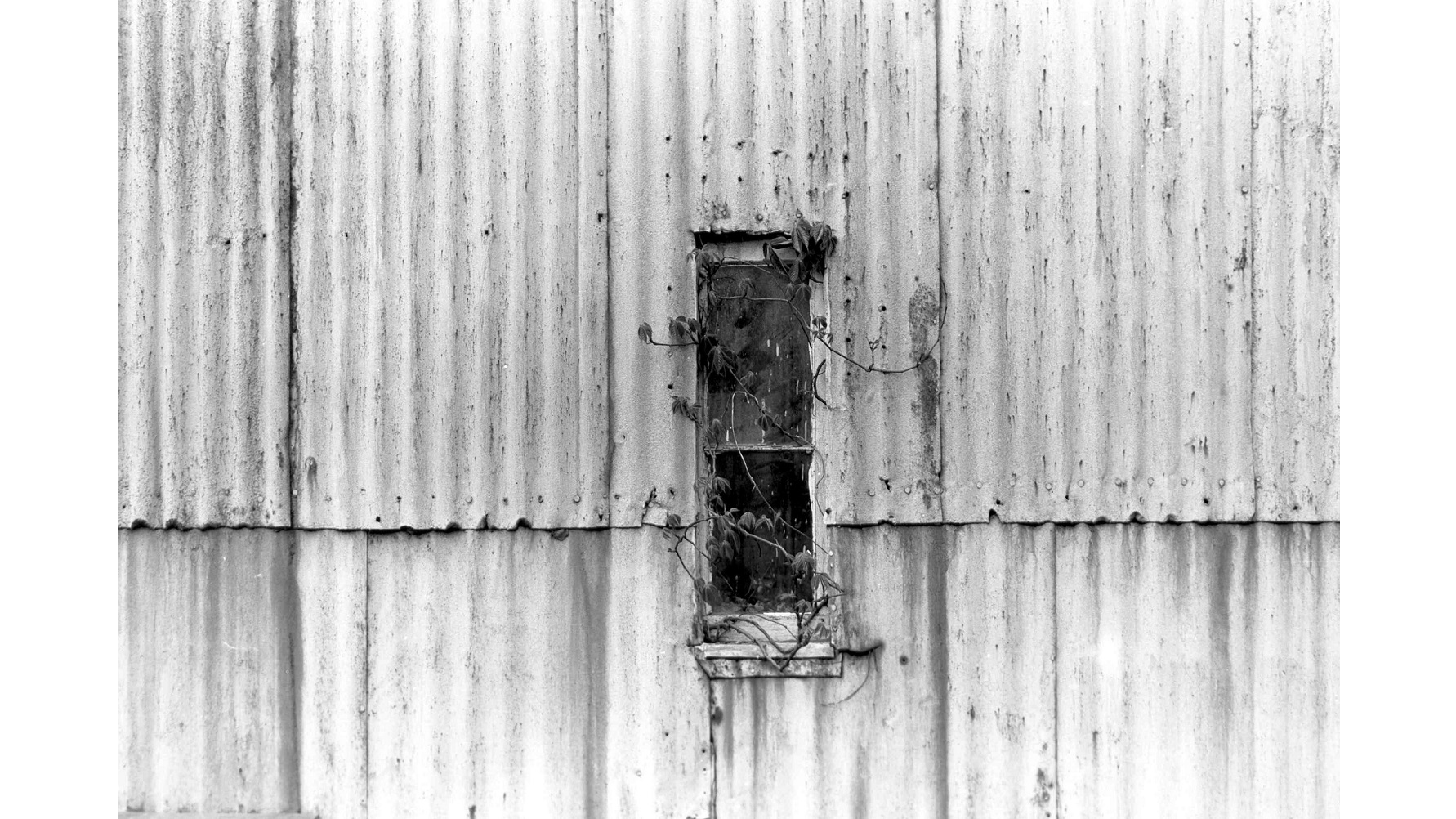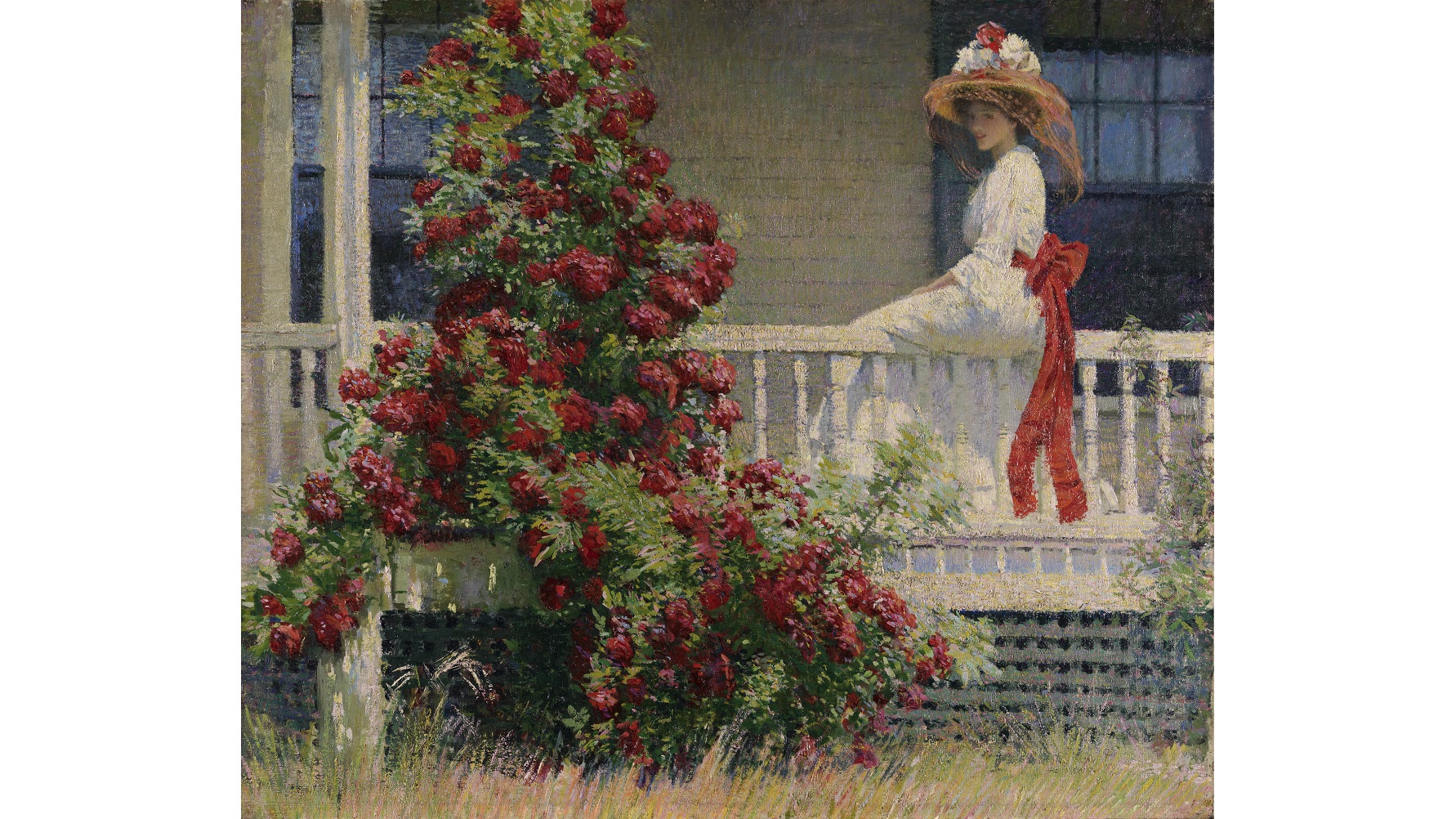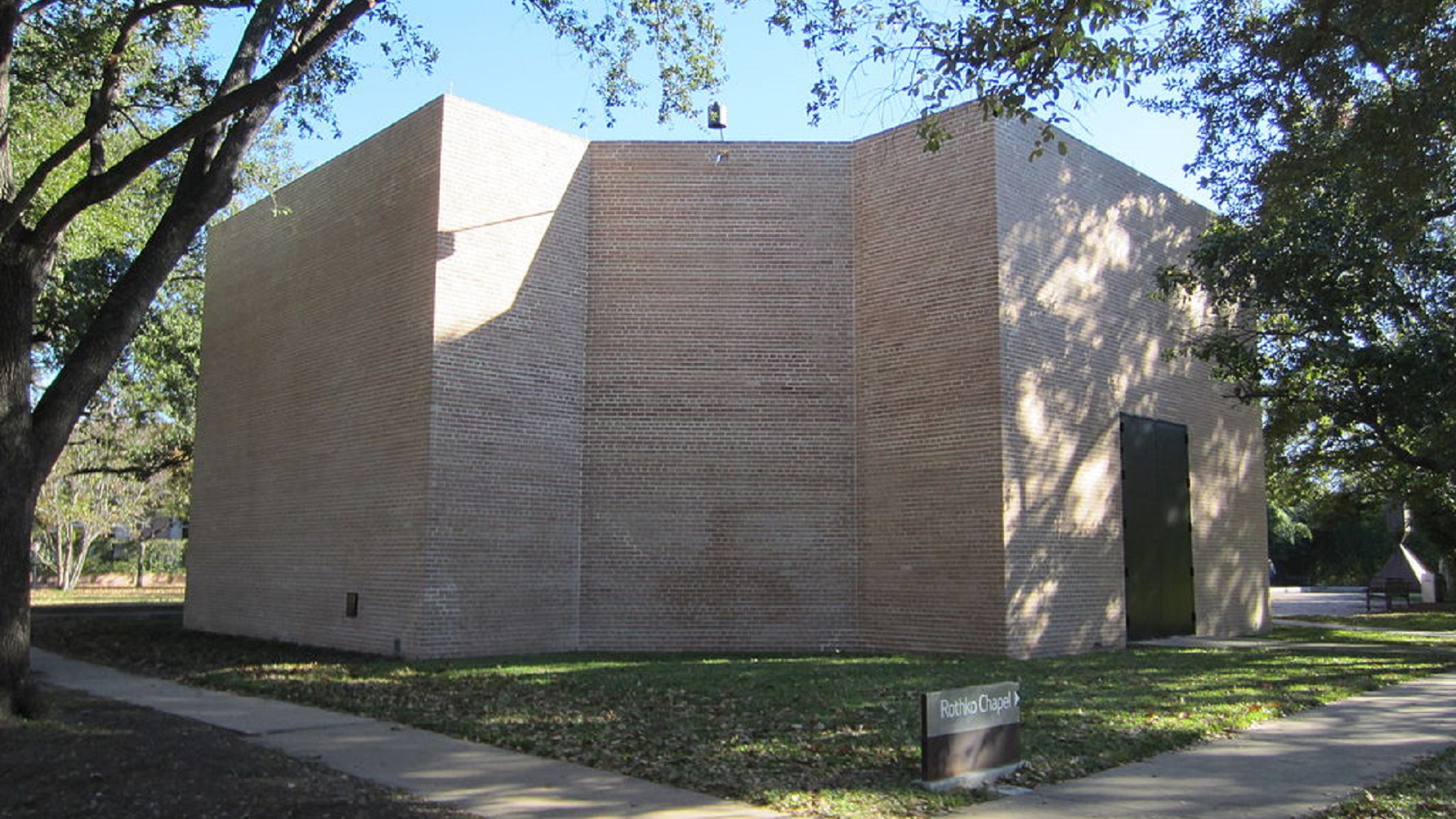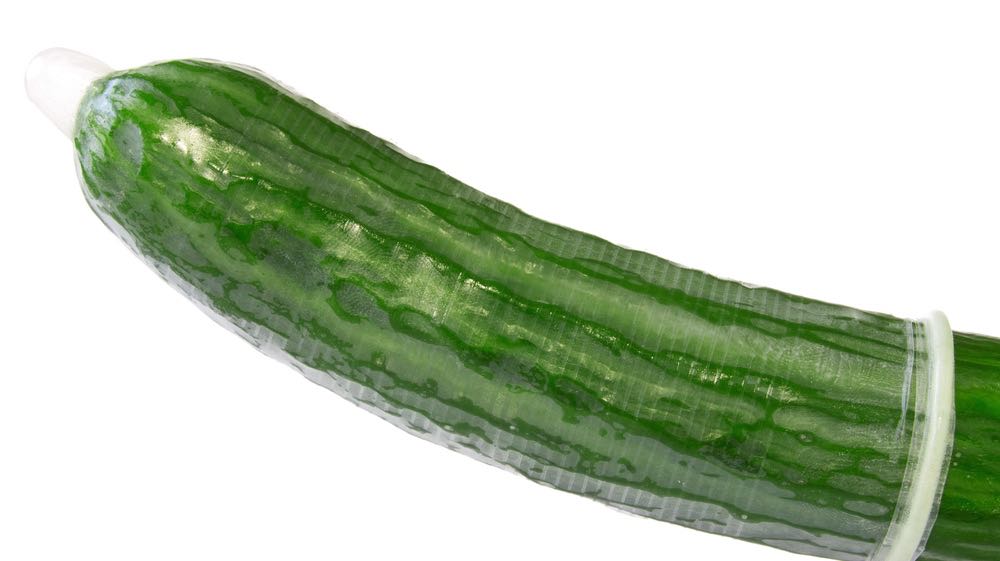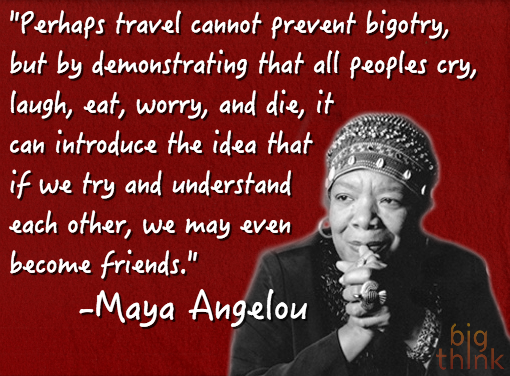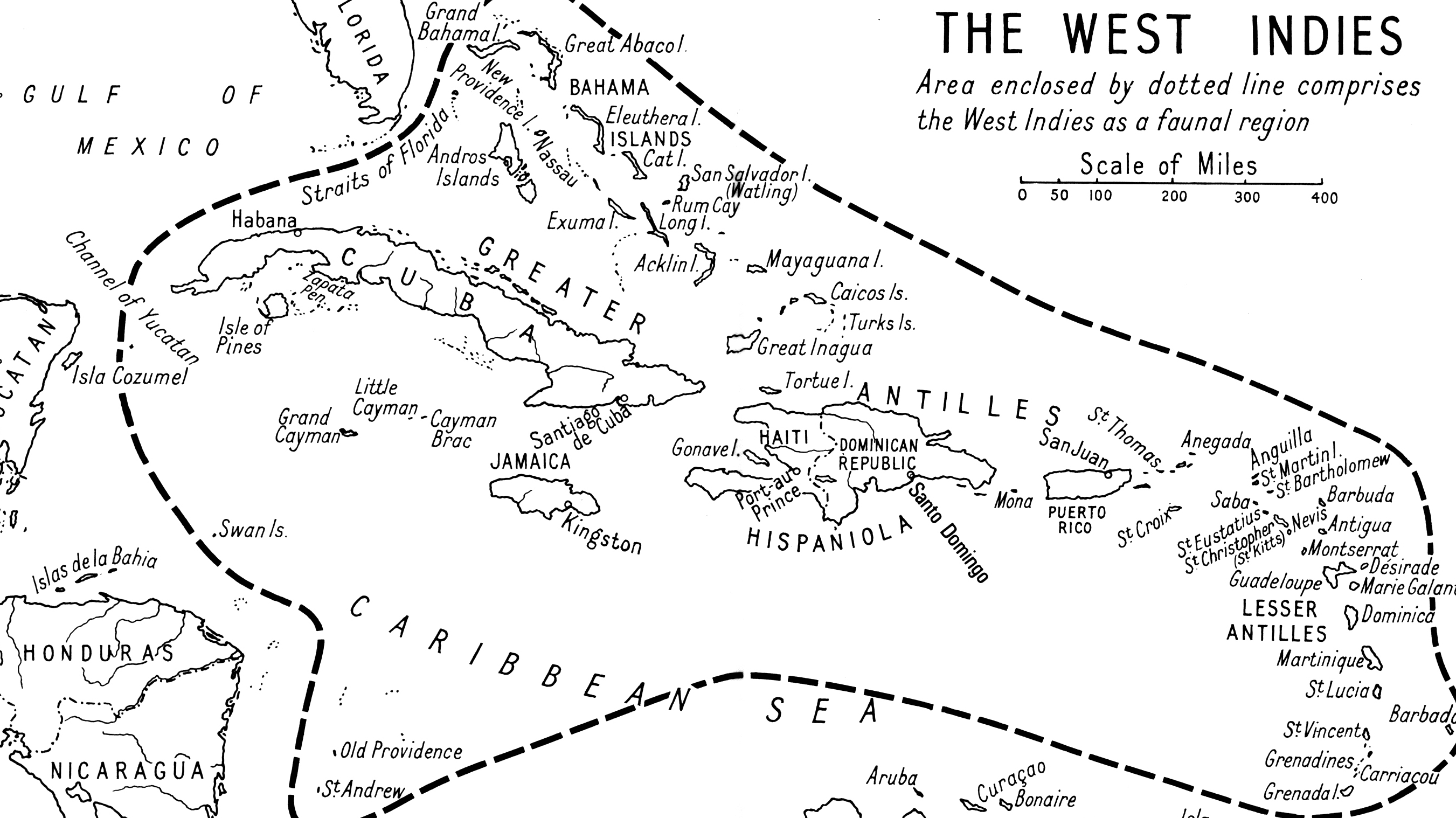Sensory Percussions reinvigorates music by giving drummers the ability to control electronic samples, synths, and audio effects with the artistry they have developed by playing their own acoustic drum kits.
Search Results
You searched for: Birds
A new method for creating bird flu vaccines for particular strains could help researchers swiftly develop additional vaccines for other forms of influenza.
The origin of life is one of the biggest open questions. Could it all have started before our planet was even born? “When you arise in the morning, think of […]
The shooting of two charismatic animals stirred international outrage. But a more important event to the developing world concern with animal welfare was publication of Carl Safina’s Beyond Words, What Animals Think and Feel.
Researchers say it’s the night — not the darkness — that we fear.
Our Sun gets its energy from fusion in its core. But can any light be made from the surface? “Birds sing after a storm; why shouldn’t people feel as free […]
To mark the centennial of Trappist monk, poet, theologian, and social activist Thomas Merton’s birth, a new exhibition focuses on his photography and how those photos are not just images to contemplate, but also ways of Zen contemplation.
With no tape, markers or adhesives, these accurately modeled animals are a true work of art. “Laughs don’t come in barrels. They come from inside you as your body’s response […]
As authorities seek answers, cleanup crews are getting to work to rehabilitate the fragile California coastal ecosystem sullied by 20,000 gallons of crude oil.
If winter is coming, this epic artwork is the spring thaw. “When I was a kid, my world was five streets long. I never got away, except in books. I […]
The anatomy and science of what’s required for such a spectacular show. “Celebrate the independence of your nation by blowing up a small part of it.” –Summer of 4 ft. […]
American Impressionism’s often been seen as a pale copy of the French Impressionism that flowered in the late 19th century. Although American Impressionists early on copied their French counterparts (and even made pilgrimages to Monet’s Giverny garden and home), the exhibition The Artist’s Garden: American Impressionism and the Garden Movement, 1887–1920, at the Pennsylvania Academy of the Fine Arts through May 24, 2015, proves that American Impressionism quickly blossomed into something distinct—and distinctly American—by the turn of the 20th century. Capturing aesthetically a moment of contradictions as American nativism threatened to close borders while women’s suffrage struggled to open doors, The Artist’s Garden demonstrates the power of flowers to speak volumes about the American past, and present.
In today’s featured discussion on pheromones, biologist Edward O. Wilson explains that there are massive amounts of natural stimuli that humans are not physically privy to.
Antarctic penguins have had the run of the continent, isolated and unexposed to new pathogens. But a wave of tourism may be threatening penguin populations with disease.
One corner of the animal kingdom is immune from extinction: the monsters that thrive in our imagination (and on this map).
Connecting Austria, Germany and Denmark, Autobahn A7 is the longest motorway in Germany and one of the most important North-South links between Scandinavia and central Europe. When it was constructed, […]
A peek at Manhattan before the skyscrapers (though not before the relentless hustle-bustle).
Of the many concepts of Judaism artist Mark Rothko took to heart, the idea of tikkun olam, Hebrew for “repairing the world,” penetrated the deepest. In Mark Rothko: Toward the Light in the Chapel, academic and a cultural historian Annie Cohen-Solal cuts to the heart of Rothko’s life and art and sheds new light on how both seemingly had to end at The Rothko Chapel (shown above), the Houston home of Rothko’s final works that he tragically didn’t live long enough to see himself. In this tightly focused new biography, Cohen-Solal shows us both how The Rothko Chapel culminates Rothko’s life-long mission to repair his world and how it continues to serve as a light of hope in our darkening world.
Is it too complicated to squeeze helping others into your schedule? Be guilty no more. “Now, there is an app for that,” jokes Hans Jørgen Wiberg in his TEDxCopenhagen talk, […]
Personal ownership of drones is set to skyrocket in 2015. Here’s what you need to know if you’re thinking of buying one this holiday season.
Either there’s an unseen source of mass, or the laws of gravity are wrong. But only one can explain what we see. “The discrepancy between what was expected and what […]
Despite worries that inevitable automation will swallow up only low-skill jobs, one writer thinks that doctors should be legitimately concerned about the prospect of computers performing their jobs better.
How parents talk to their children about sex helps them understand what is acceptable and unacceptable behavior. In the United States, that conversation, about the, um, birds, and the, um, bees, is famously awkward.
The massive damage humans have done to the natural world has provoked a backlash that could be just as dangerous, or more. There is a growing global rejection of technology and almost anything human-made in favor of whatever is more ‘natural.’ But a simplistic rejection of modern technologies eliminates many of our best options for solving the problems we’ve created.
“Perhaps travel cannot prevent bigotry, but by demonstrating that all peoples cry, laugh, eat, worry, and die, it can introduce the idea that if we try and understand each other, we may even become friends.”
– Maya Angelou, from Wouldn’t Take Nothing for My Journey Now (1993)
Ian Fleming picked James Bond for the name of his hero because it was “brief, unromantic and yet very masculine”; he later became friends with the original James Bond, author of one of his favourite ornithology guides.
It turns out there’s a lot more to toucans than pitching Fruit Loops and Guinness. Check out the links below to learn all about these very popular, very colorful tropical birds. Via […]
It’s technically a semi-rigid airship, so calling it a blimp could get you in trouble with the semantics police. What’s not in dispute is how Wingfoot One represents a major step forward in airship technology.
The threat of territorial annihilation as a perverse incentive for the home front – on both sides






